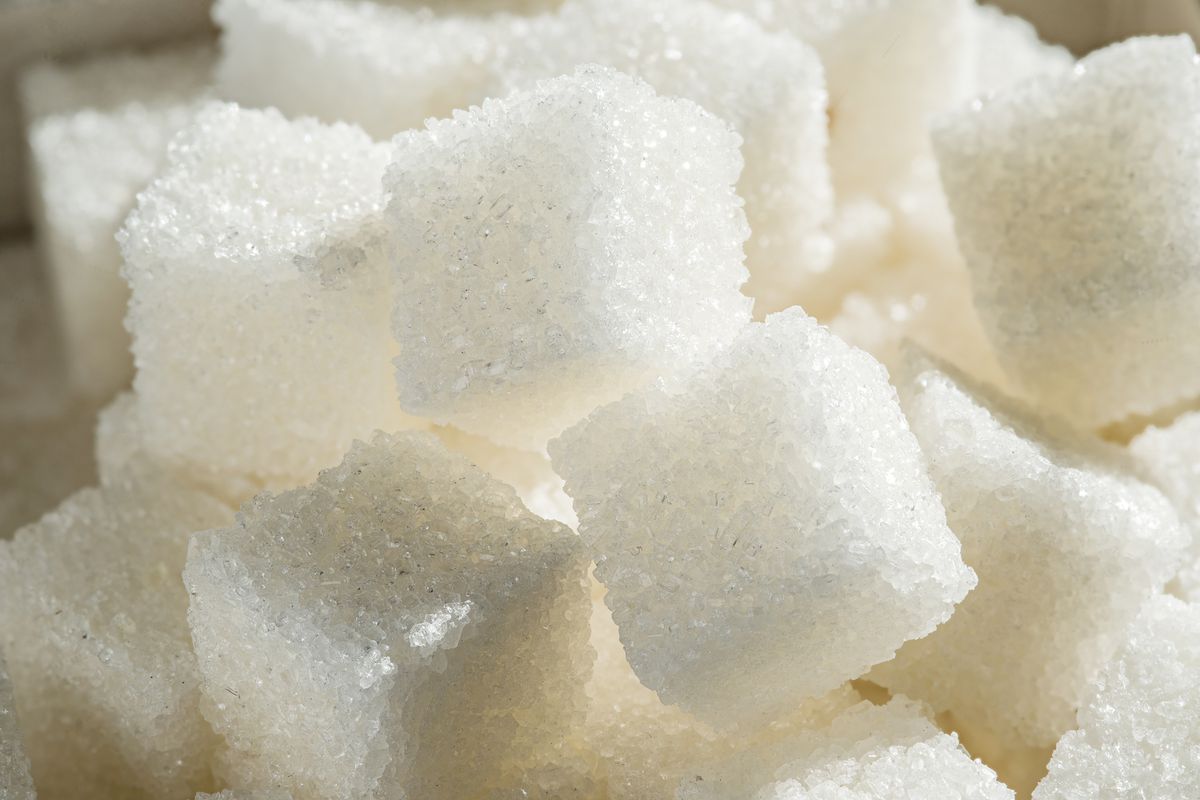Plantations International News
Hamrick Engineering, a US-based start-up, has received a broad patent for extracting sugars and nanocellulose from lignocellulosic biomass by the US Patent and Trademark Office (USPTO).
This new technology uses an environmentally benign technique of vacuum infusion of hydrolysis catalysts into biomass.
‘This ground-breaking patent describes how to extract sugars and nanocellulose from lignocellulosic biomass using a low-cost process. It provides a foundation for technologies to produce low-cost sugars, transportation fuels, and nano-crystalline cellulose from wood chips and waste paper,’ says Edward Hamrick, president of Hamrick Engineering.
‘We completely re-thought the way to extract sugars and nanocellulose from biomass, since making $ 100 million plants to process biomass has proven to be risky and often unprofitable. Our approach is to not try to disrupt or degrade biomass with high temperatures, high pressures, and harsh chemicals, but to instead to use a totally new process of vacuum infusion of hydrolysis catalysts into biomass, pumping these catalysts in and out of the lumen by cycling vacuum,’ says Hamrick.
The USPTO granted US Patent App. 14/608,183 titled Methods and systems for producing sugars from carbohydrate-rich substrates and issued US Patent Number 9,194,012.
The patent is also pending in Canada, Europe, and Russia.
Hamrick Engineering is also in the final stages of validating related patent-pending vacuum infusion technologies, including technologies for in-field fermentation of sugarcane, sugar beet and sweet sorghum.
These technologies are currently fermenting more than 90% of the sugar in these crops without requiring crushing or hot water.
‘With the advent of $ 50 (€46) oil, the oversupply of sugar in the world, and reductions in government subsidies for green energy, we’ve also completely re-thought the way crops are processed to produce transportation fuels. We’ve produced a new technology for in-field production of transportation fuels that makes it possible for small farmers to produce ethanol with very low capital costs at even higher sugar conversion efficiency than a large plant. We believe that farmers are the best stewards of their own land, and this patent-pending technology provides a more environmentally friendly way to process sugar-rich biomass,’ Hamrick concludes.
The first public presentation of these technologies will be at GrainTek 2015 in Moscow, Russia, on 18-19 November, 2015.
Biofuels Plantations International

